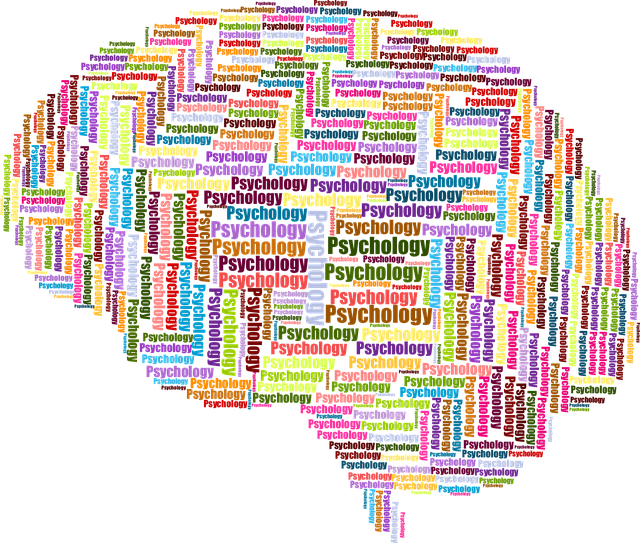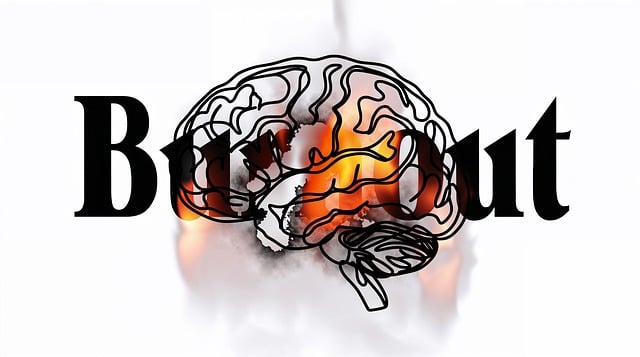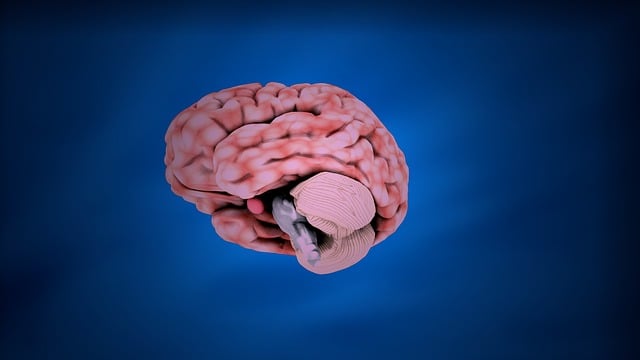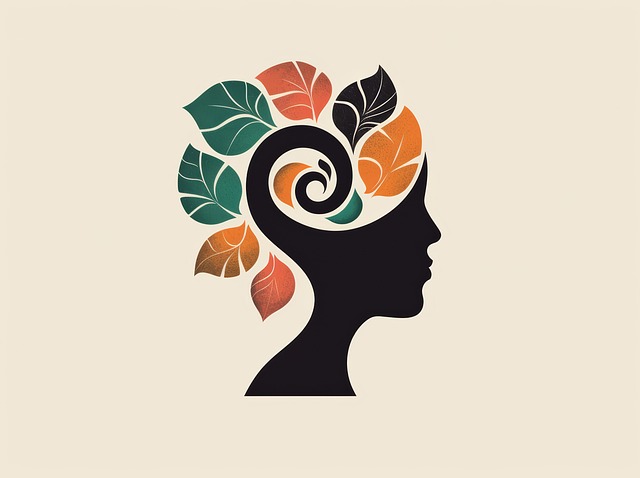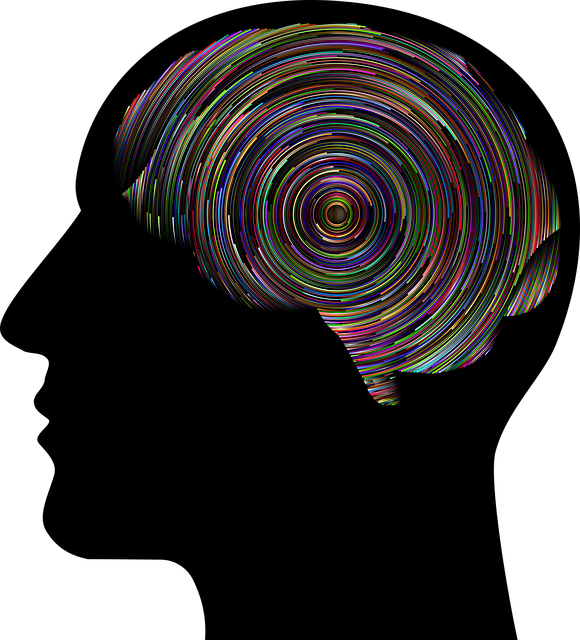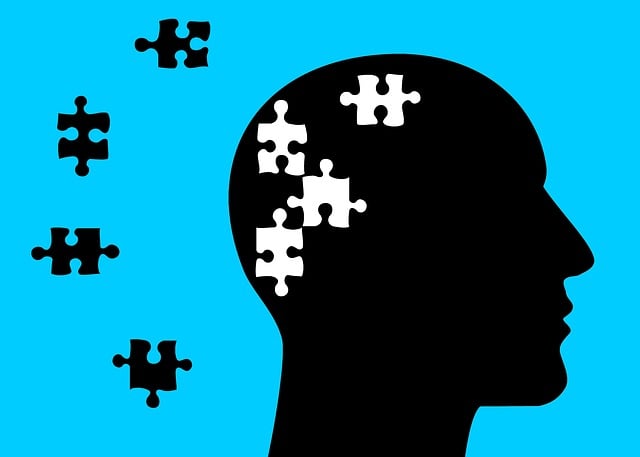Lafayette Geriatrics Therapy is a leading provider of specialized trauma support tailored to seniors' unique needs. They address mental health challenges by offering evidence-based therapies like EMDR and CBT, combined with holistic practices such as journaling, exercise, and compassion cultivation. Their comprehensive approach targets symptoms like chronic stress, anxiety, and depression, empowering older adults to regain control and improve their quality of life. By recognizing trauma indicators, personalizing care plans, and reducing stigma through open dialogue, Lafayette Geriatrics is revolutionizing geriatric mental health care.
Trauma, often overlooked in senior care, can have profound effects on older adults. This comprehensive guide explores the hidden wounds left by traumatic events and their impact on geriatric health. We delve into the critical role of Lafayette Geriatrics Therapy in providing specialized trauma support services tailored to seniors’ unique needs. By understanding trauma signs and effective healing therapies, we can enhance care strategies and improve outcomes for this vulnerable population.
- Understanding Trauma and Its Impact on Seniors
- The Role of Lafayette Geriatrics Therapy in Trauma Support
- Identifying Signs of Trauma in Older Adults
- Effective Therapies for Trauma Healing in Geriatric Care
- Enhancing Trauma Support Services: Best Practices and Future Directions
Understanding Trauma and Its Impact on Seniors

Trauma can significantly impact seniors, often exacerbating existing mental health challenges and hindering overall well-being. Lafayette Geriatrics Therapy recognizes that understanding trauma is crucial to providing effective support for this demographic. Many older adults may have experienced traumatic events throughout their lives, such as war, abuse, or loss of loved ones, which can resurface and manifest in various ways as they age. These experiences can lead to chronic stress, anxiety, depression, and even physical health issues.
By integrating mental wellness journaling, exercise guidance, and emotional regulation techniques into their trauma support services, Lafayette Geriatrics Therapy aims to help seniors process and manage these past traumas. Through specialized therapeutic approaches, individuals can develop coping mechanisms, regain a sense of control, and enhance their overall emotional resilience. This holistic approach not only addresses the present but also equips seniors with tools to navigate life’s challenges, ultimately fostering a greater sense of peace and improved quality of life.
The Role of Lafayette Geriatrics Therapy in Trauma Support

Lafayette Geriatrics Therapy plays a pivotal role in trauma support services by addressing the unique needs of older adults who have experienced traumatic events. Many individuals in this demographic may face challenges accessing traditional therapy due to physical limitations or social isolation, making Lafayette Geriatrics Therapy’s specialized approach invaluable. The therapists at Lafayette Geriatrics are trained to provide evidence-based interventions tailored to promote healing and restore a sense of well-being among geriatric clients who have suffered trauma.
Beyond direct therapy sessions, Lafayette Geriatrics contributes to the broader ecosystem of mental health support by advocating for Risk Management Planning for Mental Health Professionals. They also actively participate in Mental Illness Stigma Reduction Efforts, fostering an inclusive environment that encourages open conversations about trauma and its impact. Furthermore, the organization prioritizes Burnout Prevention strategies for its staff, ensuring they remain equipped to offer consistent and compassionate care to their clients.
Identifying Signs of Trauma in Older Adults

Recognizing signs of trauma in older adults is a critical aspect of providing effective support, especially for those seeking geriatric therapy in Lafayette. As individuals age, they may experience or witness events that trigger traumatic responses, often going unnoticed due to societal stigma or a belief that trauma can only affect younger people. Common indicators include sudden changes in behavior, such as becoming more irritable, anxious, or experiencing frequent flashbacks and nightmares. Older adults might also display physical symptoms like chronic pain, insomnia, or an altered appetite.
Trauma support services play a pivotal role in facilitating emotional healing processes for this demographic. Through Lafayette Geriatrics Therapy, professionals can help individuals process these hidden wounds, offering much-needed care to prevent or manage conditions like depression. By identifying and addressing trauma, caregivers can enable older adults to regain a sense of control over their lives, fostering resilience and overall well-being.
Effective Therapies for Trauma Healing in Geriatric Care

Trauma healing in geriatric care requires tailored approaches that address the unique needs of older adults. Effective therapies for trauma recovery include evidence-based practices such as Eye Movement Desensitization and Reprocessing (EMDR), which helps individuals process traumatic memories and reduce their impact, and Cognitive Behavioral Therapy (CBT) that focuses on identifying and modifying negative thought patterns resulting from trauma.
Lafayette Geriatrics Therapy prioritizes holistic healing by incorporating self-care routine development for better mental health, compassion cultivation practices, and healthcare provider cultural competency training. These strategies not only support trauma healing but also foster a compassionate and supportive environment, ensuring that geriatric patients receive the best possible care tailored to their individual experiences and needs.
Enhancing Trauma Support Services: Best Practices and Future Directions

Enhancing trauma support services requires a multifaceted approach that goes beyond traditional therapy models. One promising strategy involves integrating best practices from various fields to create comprehensive care plans tailored to individual needs. For instance, Lafayette Geriatrics Therapy has pioneered innovative programs combining cognitive-behavioral therapy with mindfulness techniques and self-awareness exercises. This holistic method not only addresses the symptoms of trauma but also fosters resilience and promotes mental wellness.
Looking ahead, future directions in trauma support should focus on stigma reduction efforts to encourage more individuals to seek help. Encouraging open dialogue through mental wellness journaling exercises can be a powerful tool for self-reflection and community engagement. By providing clear guidance on effective journaling practices, we can empower individuals to process their experiences, enhance emotional regulation, and contribute to a broader understanding of mental illness. These collaborative efforts have the potential to revolutionize trauma support services, making them more accessible and impactful for all who need them.
In conclusion, trauma support services play a pivotal role in enhancing the quality of life for seniors. By understanding the profound impact of trauma on older adults, we can effectively leverage Lafayette Geriatrics Therapy and other therapeutic approaches to heal and support them. Identifying signs of trauma early is crucial, and best practices such as those discussed here offer hope for better care. As we look to the future, continuing to innovate and expand trauma support services, particularly through the work of organizations like Lafayette Geriatrics Therapy, will ensure that no senior suffers in silence, allowing them to live fulfilling lives free from the burden of traumatic experiences.




